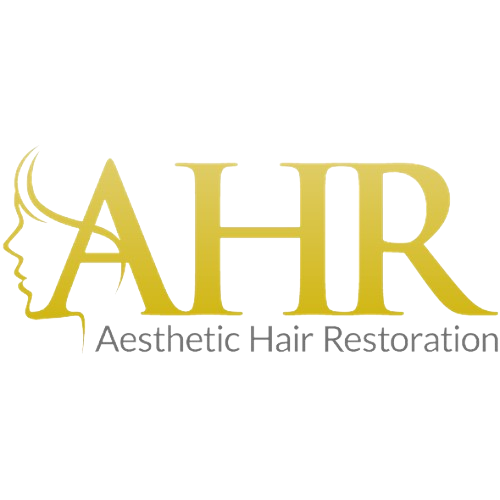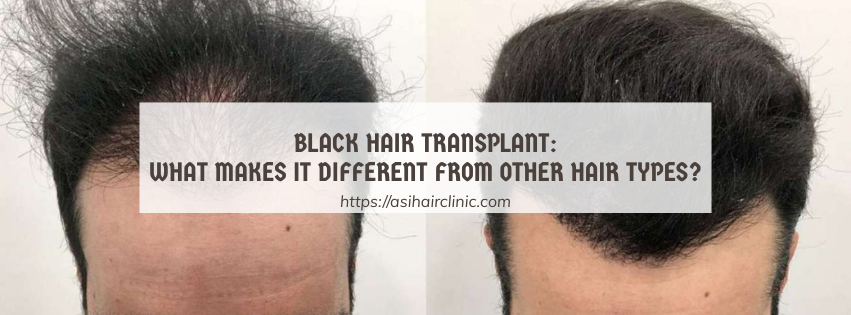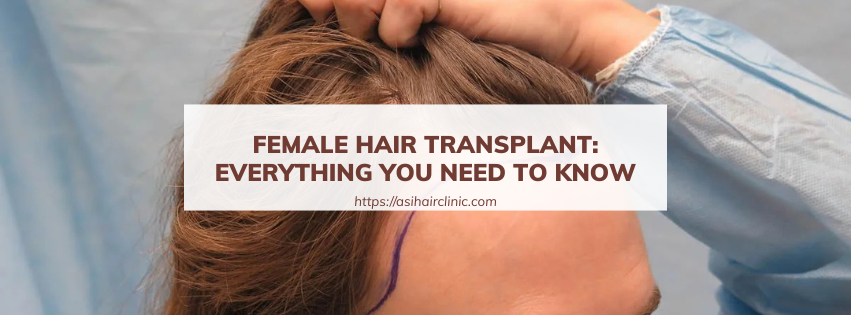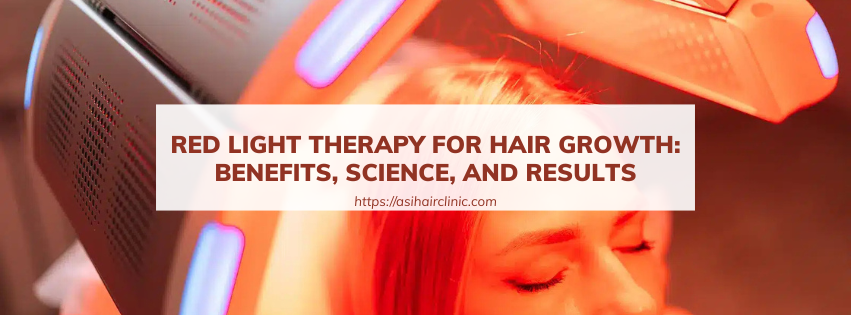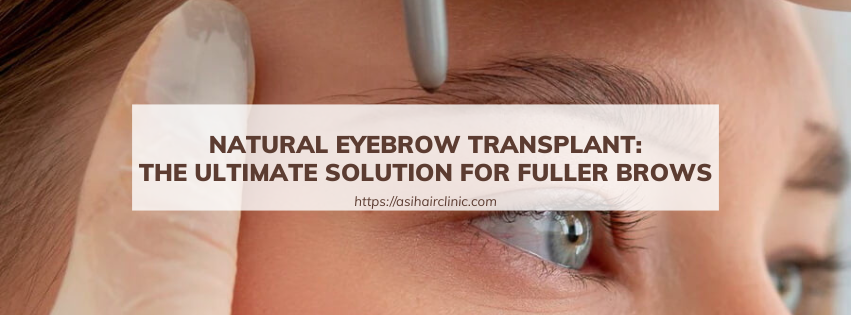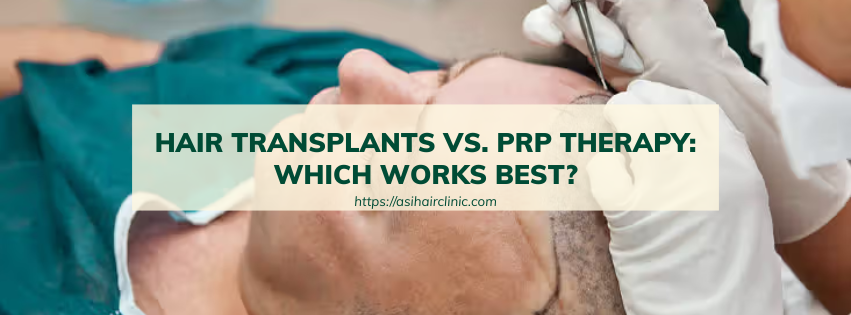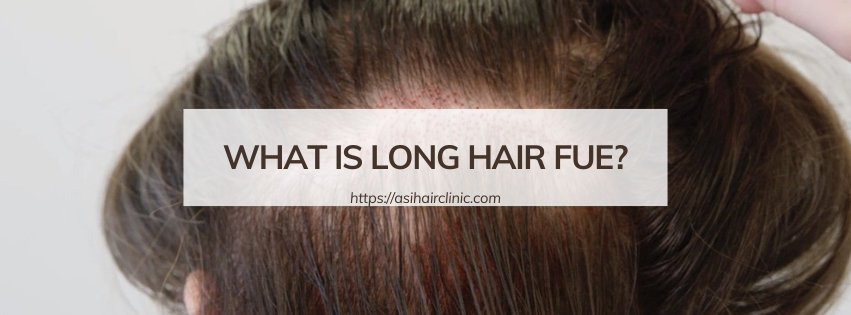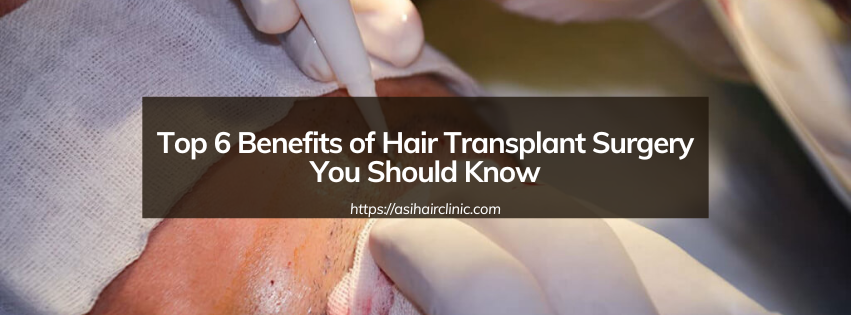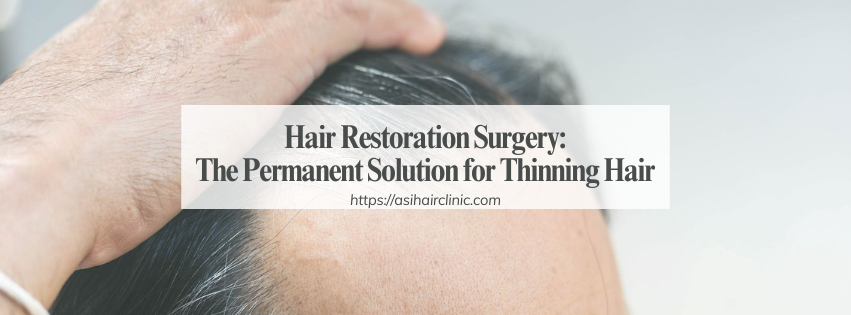Does Caffeine Cause Hair Loss?
For many, coffee is more than just a beverage; it's a cherished ritual that kickstarts the day and fuels productivity. However, beneath this beloved routine lies an ongoing debate: could caffeine be responsible for hair loss? The relationship between caffeine and hair health is nuanced and layered, filled with anecdotal narratives, scientific findings, and internet myths. In this article, we unravel the complexities surrounding caffeine's impact on hair loss, aiming to clarify the connection and provide insights into how our daily intake might affect our locks.
1. The Caffeine Conundrum: Why the Confusion?
Caffeine's status as a double-edged sword in relation to hair loss stems from its stimulating properties and the myriad ways it interacts with our body. A closer examination reveals several interconnected factors that contribute to the confusion surrounding caffeine consumption and hair health.
1.1. Caffeine's Stimulating Nature
Caffeine is well-known for its energizing effects. As a central nervous system stimulant, it works by blocking adenosine receptors, leading to heightened alertness and reduced fatigue. When consumed, caffeine triggers the release of adrenaline, the hormone responsible for our fight-or-flight response, increasing heart rate and preparing the body for action.
While this effect can be beneficial in small doses, chronic exposure to high caffeine levels may lead to increased levels of adrenaline over time. Some theorists suggest that prolonged stress on hair follicles due to elevated adrenaline levels could disrupt the hair growth cycle, potentially leading to temporary shedding. However, the direct link between caffeine-induced adrenaline release and hair loss remains poorly understood and requires further investigation.

1.2. Caffeine's Impact on Hormones
Another dimension of the caffeine conundrum involves its potential influence on hormonal balance. Caffeine has been shown to interfere with the production and regulation of key hormones, particularly cortisol, often referred to as the "stress hormone." Elevated cortisol levels are known to be linked to various physical ailments, including hair thinning and alopecia.
Nevertheless, while some studies hint at a correlation between caffeine consumption and cortisol levels, the extent to which caffeine influences these hormones - and how this relationship impacts hair health - requires further research. Until more definitive findings emerge, the association between caffeine intake and hormonal disruption remains speculative at best.
1.3. Dehydration: A Side Effect of Caffeine
A lesser-known aspect of caffeine is its diuretic nature. This means that excessive caffeine consumption can promote dehydration if not countered with adequate water intake. Dehydration can have widespread effects on overall health, including hair health. When the body is dehydrated, it tends to prioritize essential functions such as maintaining core temperature and sustaining vital organ activity, potentially diverting resources away from non-essential processes like hair growth.
It's important to remember that hydration plays a crucial role in hair vitality and growth. Water nourishes hair follicles and helps maintain scalp health. Therefore, individuals who consume large amounts of caffeine without compensating with sufficient hydration may inadvertently hinder their hair growth efforts.
1.4. Nutrient Deficiencies
High caffeine intake can also interfere with the absorption of vital nutrients necessary for healthy hair growth. For example, studies have indicated that excessive caffeine consumption may impair the body's ability to absorb iron and zinc effectively. Both of these minerals are critical for maintaining robust hair health, as they contribute to a healthy blood supply to hair follicles and promote keratin production.
Iron deficiency can lead to anemia, which is often associated with hair loss, while zinc is essential for the maintenance and repair of hair tissue. By inhibiting the absorption of these crucial nutrients, high levels of caffeine may inadvertently pave the way for hair thinning and loss.

2. The Scientific Evidence: What Do Studies Reveal?
The question of whether caffeine directly contributes to hair loss cannot be easily answered. While there is a wealth of anecdotal evidence suggesting such a connection, scientific research is limited, and existing studies have yielded mixed results.
2.1. Limited Studies on Caffeine and Hair Loss
Research specifically focusing on the direct correlation between caffeine and hair loss is sparse. Most studies evaluating the effects of caffeine primarily examine its influence on cognitive function, athletic performance, or general health. Consequently, drawing definitive conclusions about caffeine's impact on hair loss remains challenging.
Some researchers argue that, given caffeine's prevalence in modern diets, it would be reasonable to explore its potential effects on hair growth more thoroughly. However, until more comprehensive studies are conducted, the current body of evidence does not support a clear causal link between caffeine consumption and hair loss.
2.2. Caffeine's Potential Benefits for Hair
Interestingly, while some research suggests that caffeine may exacerbate conditions such as androgenetic alopecia (male pattern baldness), other studies indicate that caffeine might offer benefits when applied topically. Certain studies have demonstrated that topical caffeine applications can stimulate hair follicles, increase blood circulation to the scalp, and even prolong the anagen (growth) phase of the hair cycle.
In one study involving hair follicle cultures, researchers found that caffeine enhanced the proliferation of dermal papilla cells, which play a crucial role in hair growth. Although these findings are promising, it's important to recognize that topical application of caffeine is distinct from oral consumption and should not be conflated.
2.3. Caffeine's Role in Hair Loss Disorders
Beyond its potential benefits for hair growth, caffeine's role in certain hair loss disorders is worth noting. Research indicates that while caffeine itself may not directly cause hair loss, it could aggravate conditions like androgenetic alopecia in genetically predisposed individuals. This suggests that those with a family history of male or female pattern baldness may want to monitor their caffeine intake closely.
The interplay between genetics and environmental factors, such as caffeine consumption, underscores the complexity of hair loss. Individuals experiencing hair thinning should consider their unique genetic backgrounds and lifestyle choices when assessing the potential impact of caffeine on their hair health.
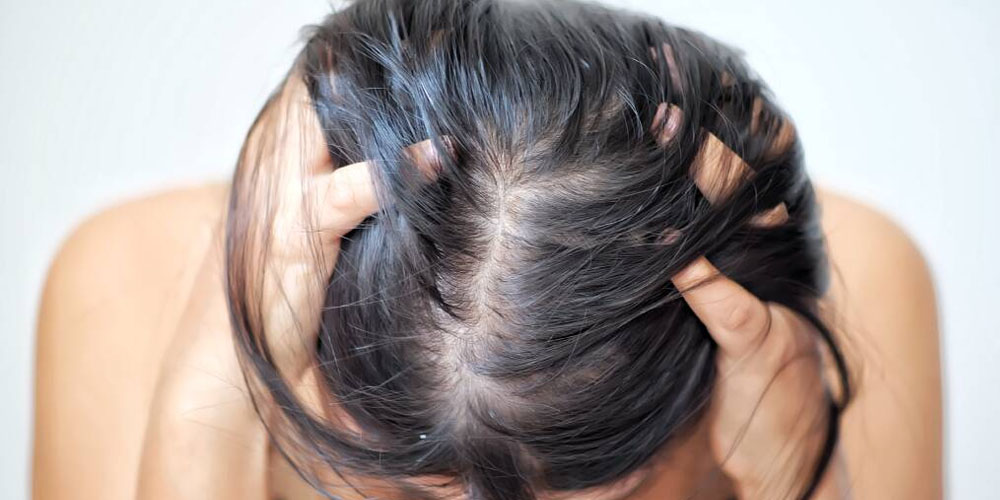
3. The Power of Individuality and Moderation
When it comes to understanding the effects of caffeine on hair loss, individual responses vary widely based on numerous factors. It's essential to consider how personal characteristics, health, diet, and pre-existing conditions might influence one's reaction to caffeine.
3.1. Genetics
Genetics plays a significant role in determining hair loss patterns, particularly regarding androgenetic alopecia. Individuals with a family history of hair loss may have a heightened susceptibility to both genetic and environmental triggers. As such, those predisposed to hair thinning may experience different reactions to caffeine and other substances than those without such familial ties.
Understanding one's genetic background can help inform personalized decisions about caffeine intake. For instance, someone with a family history of hair loss might choose to moderate their caffeine consumption as a precautionary measure while monitoring any changes in their hair health.
3.2. Overall Health
Overall health significantly impacts hair health and growth. Various factors, including poor nutrition, underlying medical conditions, chronic stress, and sleep deprivation, can contribute to hair loss regardless of caffeine intake. A well-balanced diet rich in essential nutrients, including vitamins and minerals, is vital for promoting robust hair growth and combating hair thinning.
Additionally, managing other health aspects—such as addressing stress through mindfulness practices or ensuring adequate sleep—can positively influence hair health. Thus, while caffeine may play a role for some, it is essential to address overall well-being.
3.3. Dietary Habits
Dietary habits substantially influence hair growth and health. A balanced diet abundant in proteins, iron, zinc, biotin, and other essential nutrients can mitigate the potential negative effects of caffeine. Ensuring proper nutrition can foster healthy hair growth, regardless of caffeine consumption levels.
Consulting with a healthcare professional or nutritionist can help identify any potential dietary deficiencies that may contribute to hair loss. By adopting healthier eating habits alongside mindful caffeine consumption, individuals can create an environment conducive to optimal hair health.
3.4. Pre-Existing Conditions
For individuals who have pre-existing hair loss disorders, such as alopecia areata, consulting with a dermatologist before making significant changes to caffeine intake is wise. Caffeine may further disrupt hair growth cycles in these cases, so professional guidance can help tailor an approach to managing hair health.
Dermatologists can assess the underlying causes of hair loss and recommend personalized treatment plans that account for caffeine consumption, among other factors. This targeted approach allows individuals to make informed choices about their hair health.
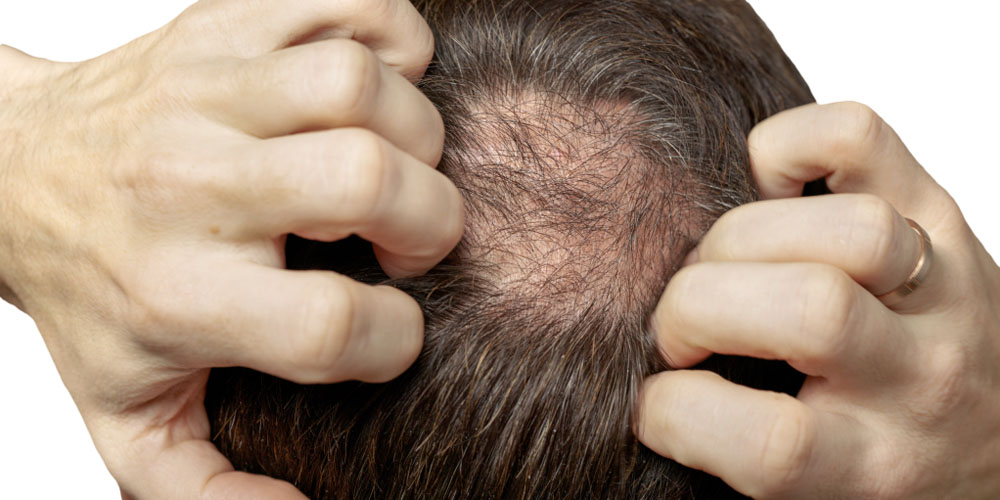
4. Beyond Caffeine: Other Factors Affecting Hair Loss
While caffeine often garners attention in discussions about hair loss, it's imperative to acknowledge that numerous other factors contribute significantly to hair health and growth. These factors can overshadow caffeine's role in hair loss and warrant consideration in any analysis.
4.1. Hormonal Fluctuations
Hormonal fluctuations can profoundly affect hair growth patterns and health. Conditions such as thyroid disorders, menopause, or pregnancy lead to significant hormonal changes that may trigger hair thinning or shedding. Imbalances in hormones like estrogen, progesterone, and testosterone can all influence hair growth cycles, often leading to temporary or permanent hair loss.
For women, hormonal shifts during pregnancy or menopause may result in noticeable hair changes. Conversely, men may experience changes related to testosterone levels. Understanding these hormonal dynamics can provide valuable insights into the causes of hair loss beyond caffeine intake.
4.2. Stress
Chronic stress is another formidable factor that can provoke hair loss. Stress activates the body's fight-or-flight response, resulting in elevated cortisol levels. Prolonged exposure to elevated cortisol can inhibit hair growth and trigger hair shedding, leading to conditions such as telogen effluvium, where hair falls out after a stressful event.
Managing stress through techniques like mindfulness, yoga, or deep-breathing exercises can mitigate its adverse effects on hair health. Recognizing the connection between stress and hair loss empowers individuals to adopt proactive measures to safeguard their locks.
4.3. Medications
Certain medications may list hair loss as a side effect, complicating the narrative around caffeine's role in thinning hair. Drugs such as chemotherapy agents, blood thinners, and specific antidepressants have been linked to hair loss in some individuals. If you're concerned about hair thinning while taking medications, discussing your options with a healthcare provider is prudent.
Awareness of medication-related hair loss can help individuals discern whether caffeine or other factors may be contributing to their situation. By remaining informed and proactive, individuals can engage in meaningful conversations with healthcare professionals about managing hair health.
4.4. Nutritional Deficiencies
Nutritional deficiencies are a critical yet often overlooked component of hair health. Lacking essential nutrients like iron, zinc, and biotin can significantly impede hair growth, resulting in thinning or shedding. By maintaining a well-rounded diet, individuals can bolster hair health and minimize the risk of hair loss.
Regularly monitoring nutrient levels through blood tests can help identify deficiencies early, guiding individuals toward dietary adjustments or supplementation as needed. Combining a healthy diet with mindful caffeine consumption creates a foundation for optimal hair health.
4.5. Scalp Conditions
Various scalp conditions, such as dandruff, psoriasis, or infections, can damage hair follicles and contribute to hair loss. Maintaining a healthy scalp is crucial for supporting hair growth, as unhealthy scalp conditions can obstruct hair follicles and hinder their function.
Regular scalp care, along with gentle cleansing and moisturizing routines, can nurture a healthy environment for hair growth. Consulting a dermatologist for persistent scalp issues is vital to prevent long-term consequences on hair health.
Conclusion
The question of whether caffeine directly causes hair loss is complex and multifaceted. While caffeine's stimulating nature, potential hormonal disruptions, and diuretic effects might contribute to hair thinning in some individuals, the connection remains inconclusive. Factors such as genetics, overall health, dietary habits, and pre-existing conditions significantly influence individual reactions to caffeine.
In light of this, adopting a holistic approach to hair health is essential. By focusing on moderation, staying hydrated, consuming a nutrient-rich diet, managing stress, and seeking professional advice when needed, individuals can minimize potential negative effects and promote overall hair vitality. Ultimately, understanding the interplay of various factors is key to addressing hair loss concerns effectively, rather than solely attributing blame to caffeine.
LATEST POSTS
